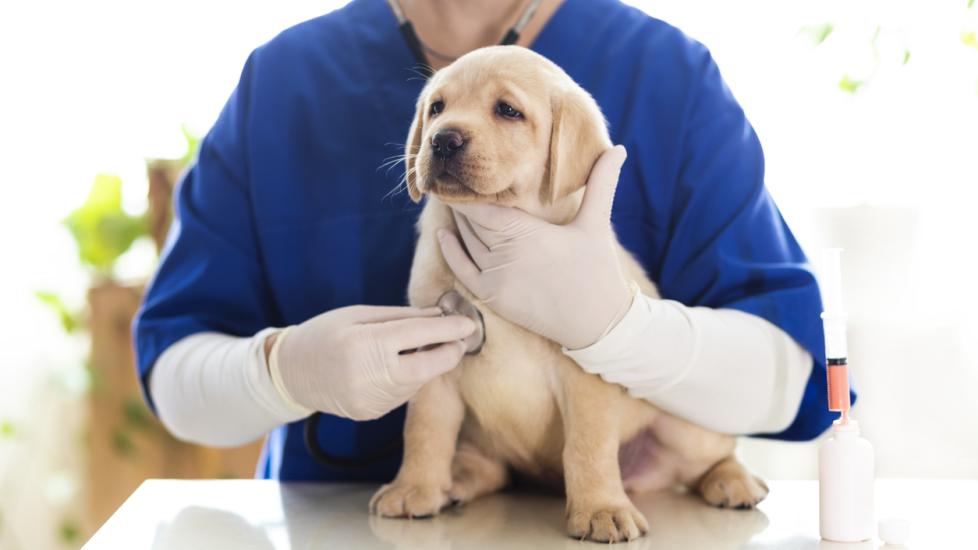The Unexpected Culprit: E. Coli Infections and Your Canine Companion
As a pet parent, you strive to provide the best care for your beloved canine friend. However, there are microscopic threats that may lurk within their environment, one of which is the infamous Escherichia coli (E. coli). While most commonly associated with foodborne illnesses in humans, this bacterium can also pose significant health risks to our furry companions. Understanding how E. coli affects dogs and taking proactive measures to prevent infections is crucial for maintaining your dog’s well-being.
What Is E. Coli?
Escherichia coli is a large and diverse group of bacteria found naturally in the intestines of animals, including both humans and dogs. Most strains are harmless and even play an essential role in digestion, but certain types can cause severe gastrointestinal issues if they spread beyond the gut or if the immune system cannot contain them effectively.
Symptoms of E. Coli Infection in Dogs:
Dogs infected with pathogenic E. coli strains might exhibit any combination of the following symptoms:
- Diarrhea – often bloody or watery stools
- Vomiting
- Abdominal pain
- Fever
- Lethargy
- Dehydration
- Bloody urine (in cases where E. coli infects the urinary tract)
It’s important to note that these signs could be indicative of other conditions as well, so it’s always wise to consult with a veterinarian for proper diagnosis.
Causes of E. Coli Infections in Dogs:
Infections typically occur when good hygiene practices aren’t followed or when dogs come into contact with contaminated surfaces, feces, or food sources. Some common causes include:
- Poor Handling Practices: Improper handling of raw meat or pet foods can lead to cross-contamination. Always wash your hands thoroughly after touching such items.
- Contaminated Water Sources: Drinking from puddles, ponds, or other outdoor bodies of water can expose dogs to various bacterial species, including E. coli.
- Unclean Environments: Dog parks, kennels, or boarding facilities without strict cleaning protocols may harbor harmful microorganisms like E. coli.
- Animal-to-Animal Transmission: Dogs can contract E. coli through direct contact with infected animals or by ingesting stool containing the bacteria.
Prevention Measures:
To keep your dog safe from E. coli and other potential dangers, consider implementing the following preventive strategies:
- Regular Veterinary Checkups: Schedule routine visits to monitor your dog’s health and address any emerging concerns early on.
- Proper Hygiene: Wash your hands frequently, especially after handling raw meats or coming into contact with animal waste. Teach children to do the same around pets.
- Safe Feeding Habits: Cooked meals are generally safer than raw diets; if feeding raw, ensure it comes from reputable sources and practice stringent food safety guidelines.
- Environmental Cleanliness: Regularly clean and disinfect your home, yard, and dog’s toys to reduce the presence of harmful germs.
- Supervision: Keep an eye on your dog at all times, especially in public spaces, to minimize exposure to potentially hazardous situations.
Conclusion:
By staying informed about the risks posed by E. coli and taking appropriate precautions, you can help protect your cherished companion from unnecessary suffering caused by this common yet potentially serious infection. Remember, prevention is key when dealing with invisible foes like E. coli, ensuring many happy and healthy years together with your loyal four-legged friend.
